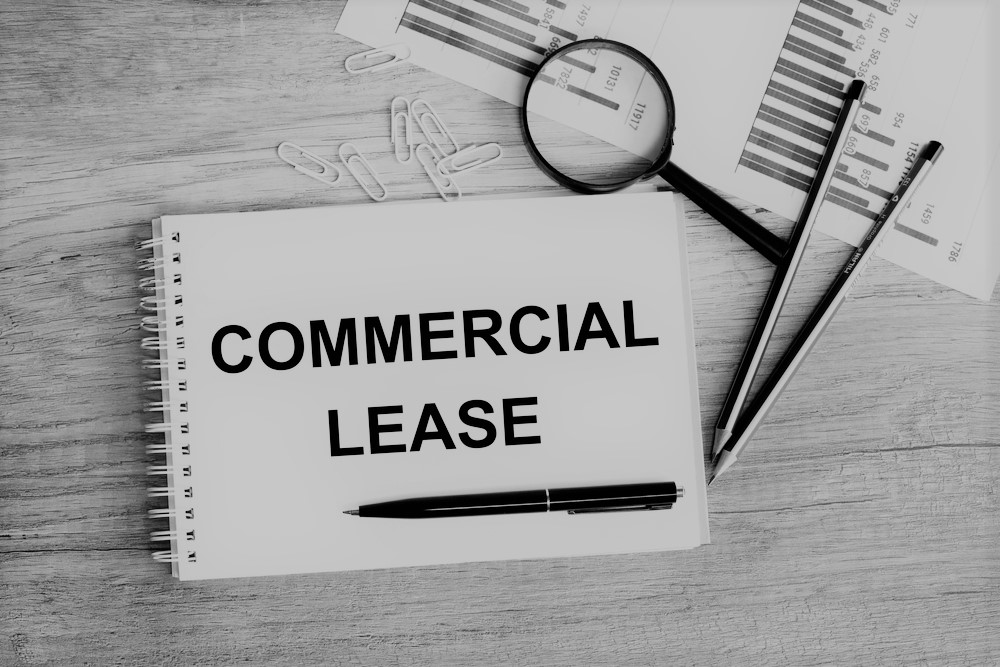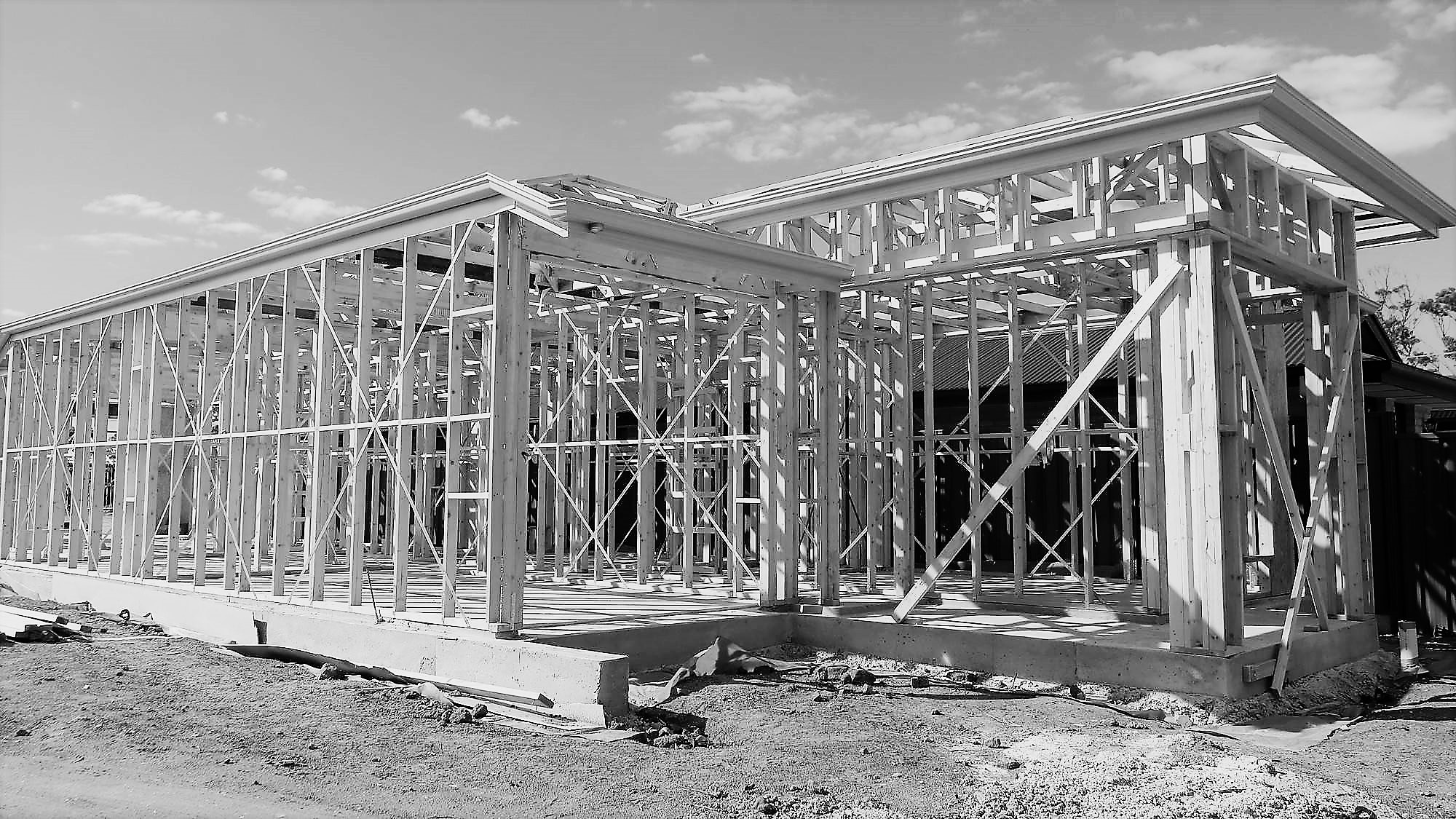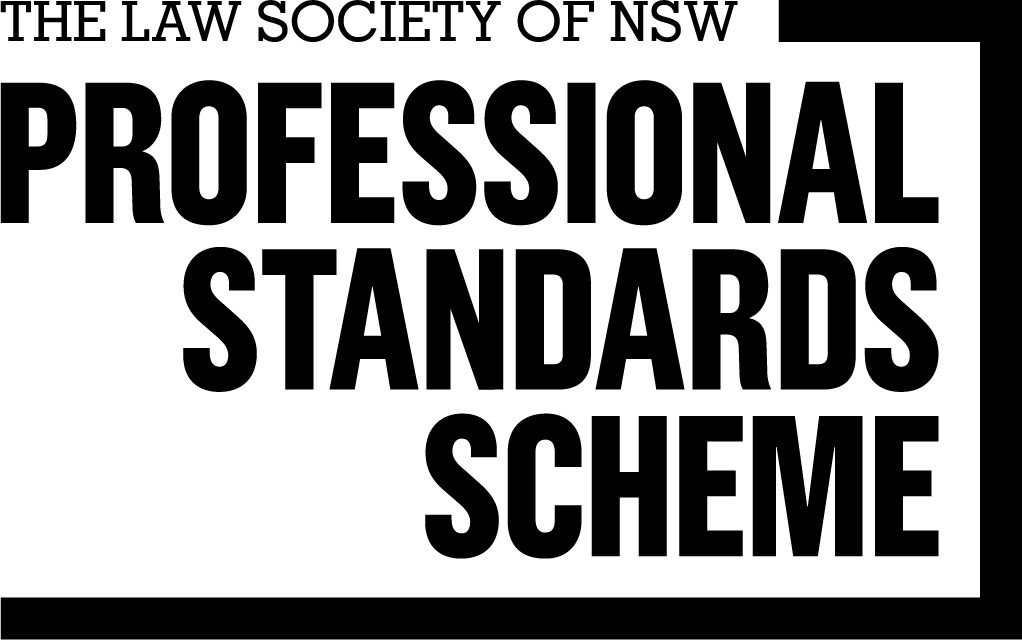Today’s press conference announced further changes regarding the government’s response to COVID-19. Most importantly, a new code of practice is being finalised setting out a framework to facilitate tenants and landlords reaching agreement on appropriate tenancy relief measures.
The Prime Minister advised that the code is to apply to commercial tenancies and is focused on those tenants suffering from the crisis. He acknowledged that there have already been many business closures, and that the fixed costs associated with tenancies require a swift government response.
“We need a code of behaviour that will be mandatory under state and territory laws to get people into a room and sort it out. If people don’t want to do that, they won’t have those protections.”
The code will be applicable to commercial leases to tenants who are eligible for the JobKeeper program and where:
- the tenant has a turnover of less than $50 million; and
- the tenant’s turnover has fallen by more than 30%.
The details will be important, particularly in relation to the calculation of how the $50 million turnover threshold is assessed (is it based on year to date turnover, anticipated full year turnover, etc) and the benchmark for determining the fall in turnover (is it against corresponding monthly figures from 2019, FY20 monthly average turnover, etc).
While the code has not yet been released, the Prime Minister has indicated that the code will require both tenant and landlord to negotiate in good faith.
1. tenant and landlord to negotiate in good faith
Both tenant and landlord will be obliged to engage in negotiations in good faith to reach agreement on appropriate tenancy relief measures.
It does not appear that the code will impose a prescribed rebate entitlement, but will instead recognise that each tenancy will need to be considered having regard to the actual impact of the downturn on each particular tenant.
2. proportionality
A principle of proportionality will be included within the code, with the Prime Minister stating, “The turnover reduction of the tenant needs to be reflected in the rental waiver of the tenant.”
We therefore expect that the code will encourage the parties to reach agreement on tenancy relief commensurate with the turnover impact suffered by the particular tenant.
A practical consequence of this is that tenants seeking abatement will likely need to substantiate the reduction in turnover, and will likely need to open its books to the landlord.
3. over-riding commercial terms of leases
The code will include restrictions affecting the commercial terms of leases. Specifically, this includes:
- a freeze on rent increases, except for increases tied to a tenant’s turnover; and
- a prohibition on landlords passing on land tax to tenants (to the extent not already prohibited by legislation).
For landlords and tenants that sign up to the code of conduct, States and Territories have agreed to look at providing landlords with a minimum 6 month land tax relief in the form of a three month land tax waiver and three month land tax deferral.
4. restriction on landlord recourse
Rights of recourse ordinarily available to in response to a tenant’s failure to pay rent will be significantly affected.
The code will prohibit:
- penalties for tenants who stop trading or reduce opening hours
- landlords charging interest on unpaid rent;
- landlords from making a claim against a bank guarantee or security deposit for non-payment of rent; and
- landlords from terminating leases for non-payment of rent, which includes the right to lockout and evict a tenant.
We will be looking to see whether the code imposes blanket prohibitions, or whether such rights are available to a landlord to the extent that an alternate tenancy arrangement is agreed, but not honoured by a tenant.
5. mediation for failure to agree
The Prime Minister indicated that if landlords and tenants are unable to reach agreement, mediation is intended to be made available.
Mediation will be provided as needed through existing State and Territory mechanisms.
Download PDF here – COVID-19 and The Code – 3 April 2020
Disclaimer: The information contained in this article is provided as personal information only. It is not intended to be legal advice and it should not be used as legal or professional advice






